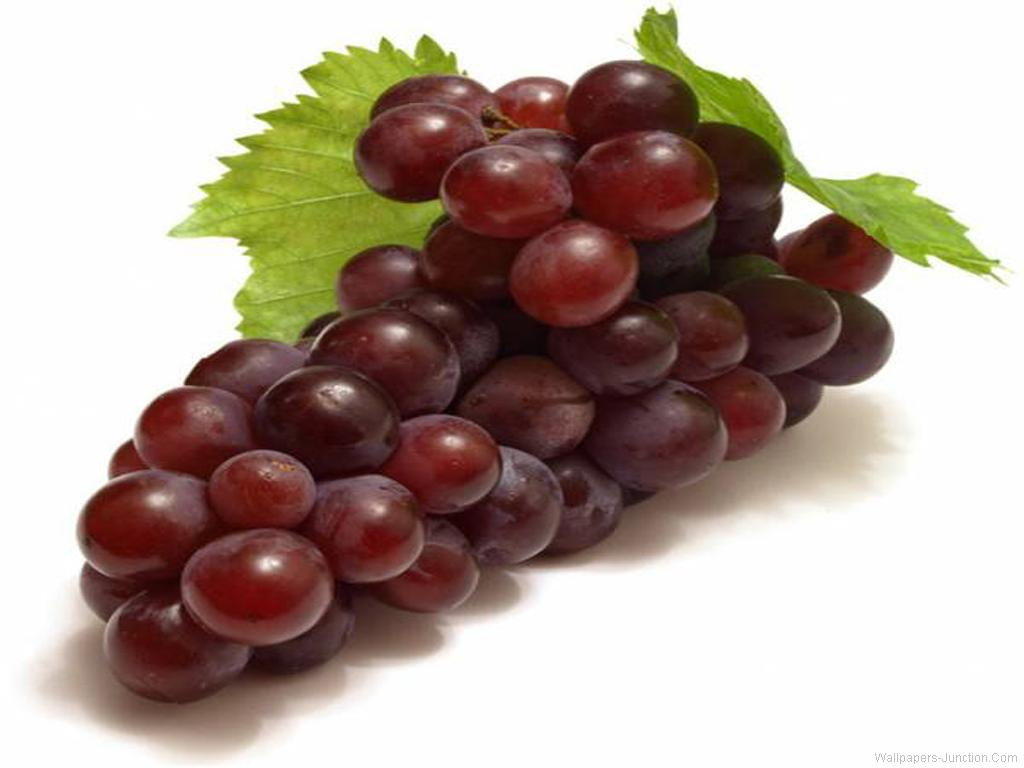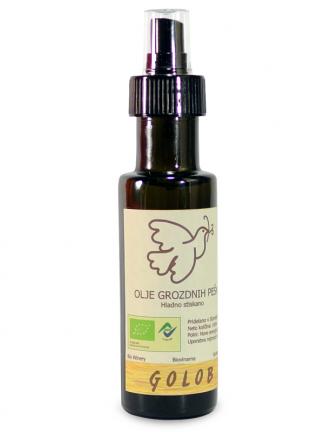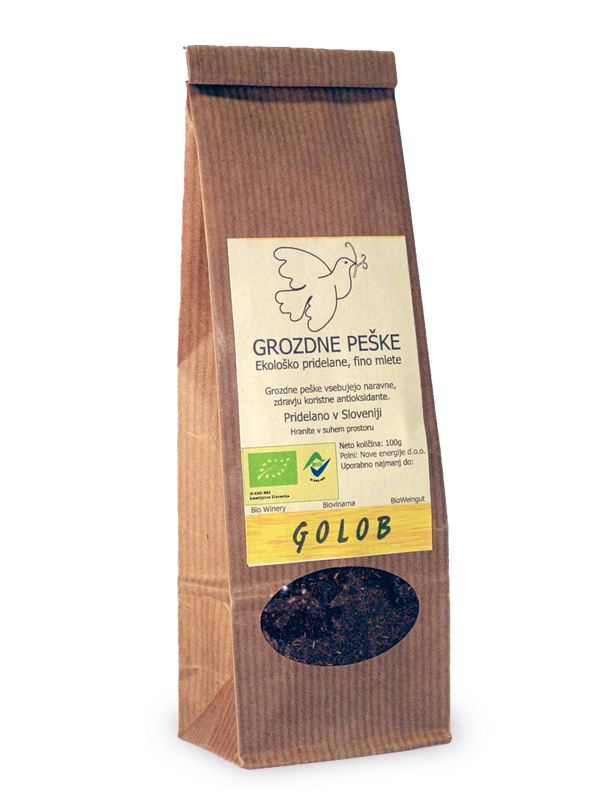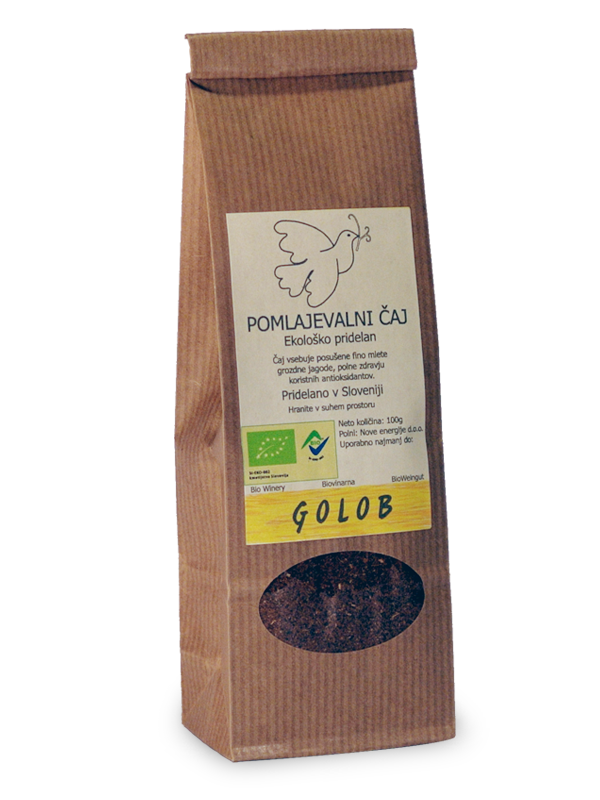As an essential mineral, zinc has been described by doctors K. M. Hambidge and N.F. Krebs as being of “exceptional biological and public health importance.” Biochemical studies have shown that there are several hundred enzymes in the human body which have a zinc atom in the reactive center. Zinc has been linked to increased immune response, reduced risks of cardiovascular diseases and countless others health benefits. The prostate gland contains a high concentration of zinc and the mineral is significantly involved in the reproductive process — particularly the transport of sex hormones in both genders.
Zinc deficiency, which affects approximately two billion people in developing countries, has predictably been linked with a plethora of ailments and diseases including diarrhea, stunted growth, increased risk of infection, delayed sexual development, toxic shock and organ damage. A lack of zinc as a dietary supplement contributes to the deaths of roughly 800,000 children on an annual basis. While zinc is certainly critical for proper biological function, the presence of too much zinc can also cause severe health problems. Excess zinc has been associated with lethargy, ataxia (inability to coordinate muscle movements) and copper deficiency. Clearly then, the amount of zinc that is present in the human body must be kept at an optimal concentration in order to be beneficial to the individual. How can a person help to maintain this important biochemical balance? By simply ingesting the flavonols and catechins available in grape seed extracts. A simple homemade extract can be produced by brewing grape seeds at 80 degrees Celsius to make a delicious tea. Studies show that dietary flavonoids and catechins act as zinc buffers, which are incorporated into these biochemical reactions to ensure proper zinc function and homeostasis.
Grape seed tea and grape seed extract are all-natural food supplements that provide the body with an abundance of proanthocyanadins.“Proanthocyanidins, refer to a larger class of polyphenols, called flavanols, in which occur PCOs (proanthocyanidin oligomers) or OPCs (oligomeric proanthocyanidins), the simplest flavanols. More complex polyphenols, having the same polymeric building block, form the group of tannins. Flavanols are distinguished at the core molecule by the hydroxyl group as opposed to the ketone near same position on the pyran ring in the generally yellow class of flavonoids. Colorless PCOs or OPCs are a strictly defined group of 3 flavanols naturally occurring as a mix of monomers, di-mers, and tri-mers of the catechin building block, which is a 4x-hydroxylation of the flavan-3-ol core.”
Zinc is moderately reactive and is also a strong reducing agent. It participates directly in our bodies’ anti-inflammatory and free radical defense. However, zinc’s reactivity must be controlled in order to ensure that body is properly protected from free radical damage. The flavonols and catechins present in grape seed tea and grape seed extract essentially keep zinc atoms in containment to prevent them from reacting in the wrong way and with the wrong compounds inside our bodies. The danger is that having zinc minerals in an ionized state in between cells can lead to free radical chain reactions being initiated rather than quenched, ultimately resulting in increased oxidative stress in the cells. This oxidative stress results in damage to all components and organelles of the cells, including lipids, proteins and DNA. However, the proanthocyanidins in grape seed extract bind to free zinc between the cells, holding them in safe stable storage until they are required for metabolic use.
The annual flu season is usually characterized by an increase in zinc consumption by both men and women worldwide. Their aim is to boost the body’s immune system in preparation for imminent viral attack. However, medical science has clearly shown that excessive amounts of zinc within the body need to be safely balanced with an increase in antioxidant consumption. Grape seeds are widely recognized as being one of the world’s most powerful all-natural antioxidants. Keep yourself protected and give your family a boost by brewing a cup of health promoting grape seed tea today.
References
http://www.wellnessresources.com/health/articles/grape_seed_and_green_tea_extracts_help_zinc_work_safely/
http://www.wellnessresources.com/health/articles/zinc_deficiency_sets_the_stage_for_toxic_shock_and_organ_damage/
http://www.wellnessresources.com/health/articles/ensure_adequate_zinc_for_flu-fighting_immunity/
Image courtesy of tribp



